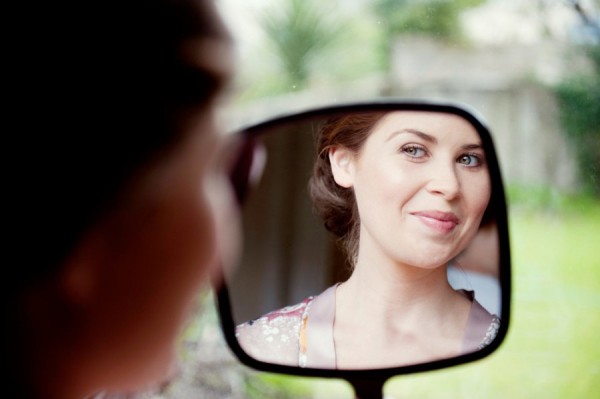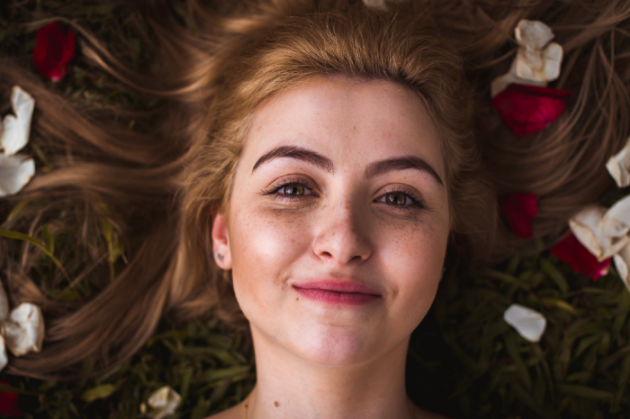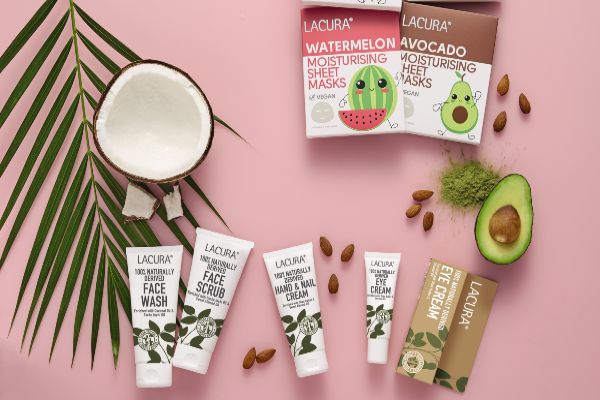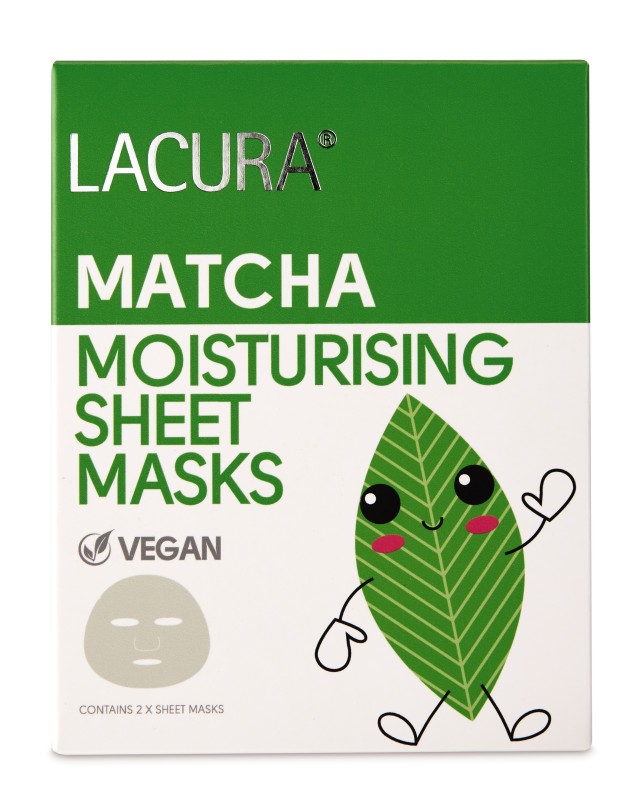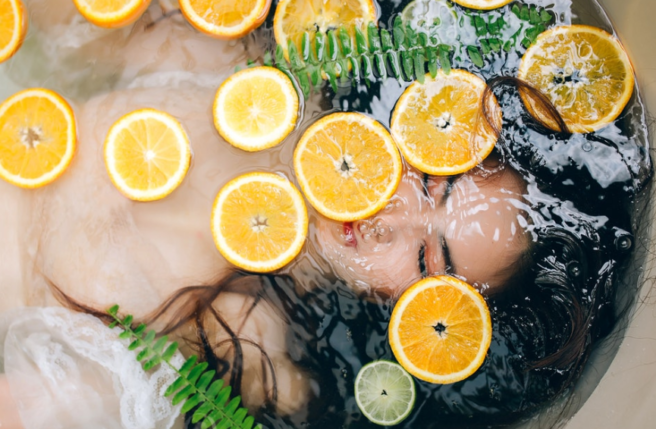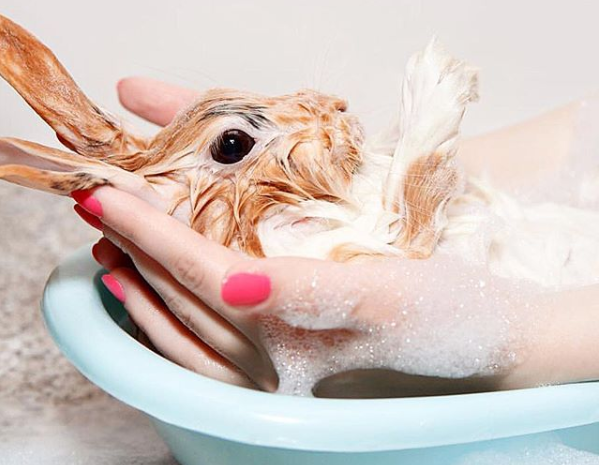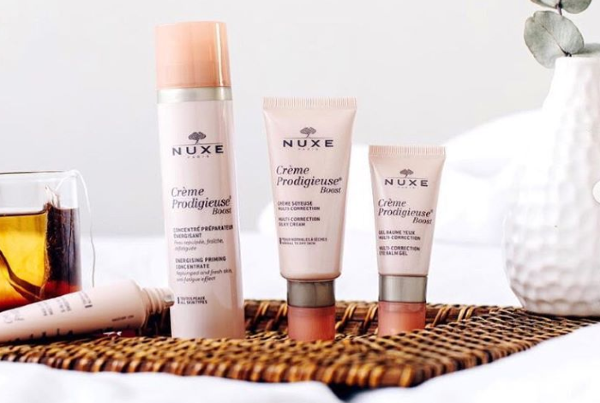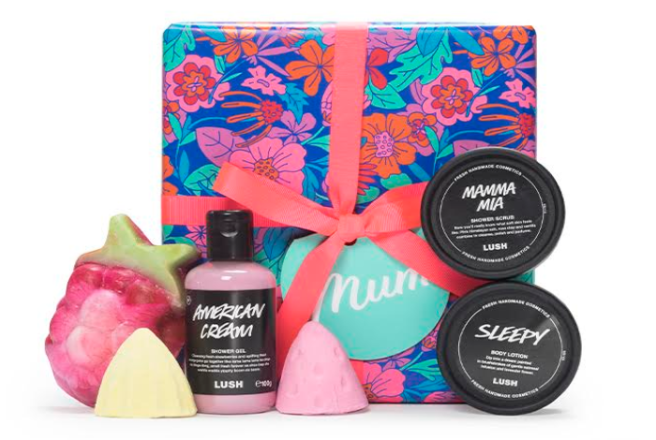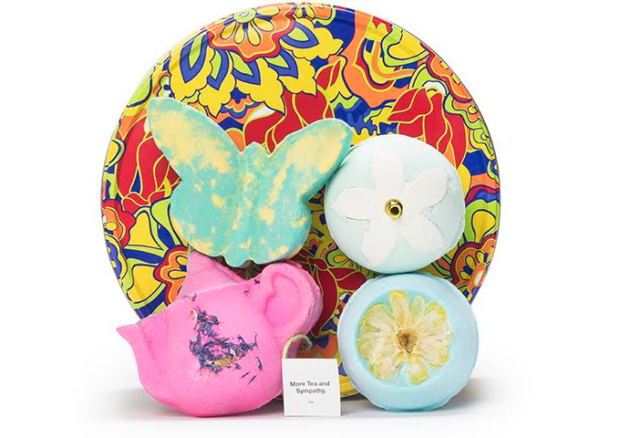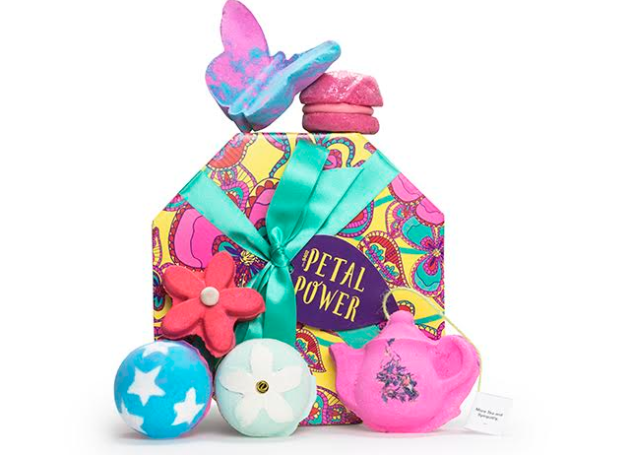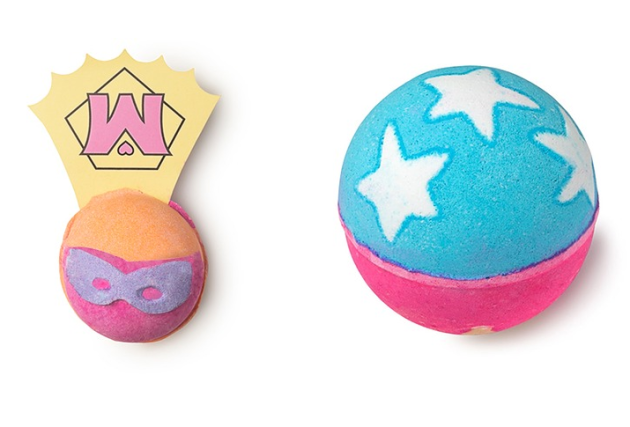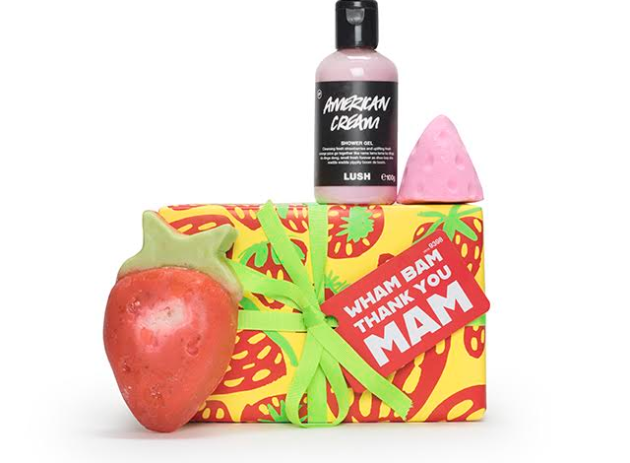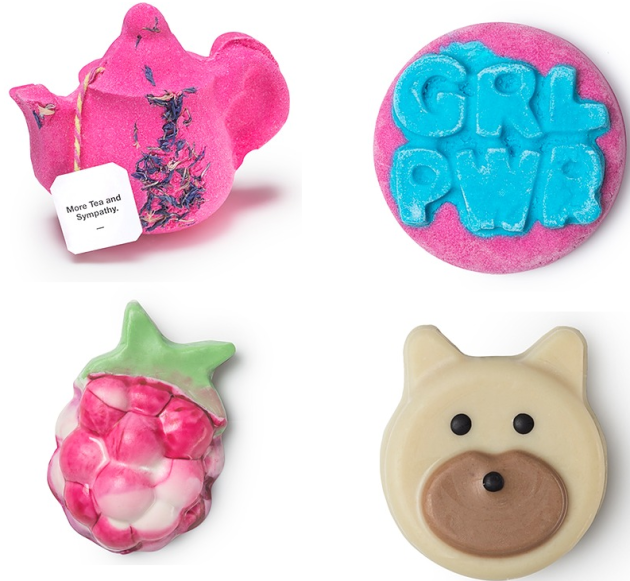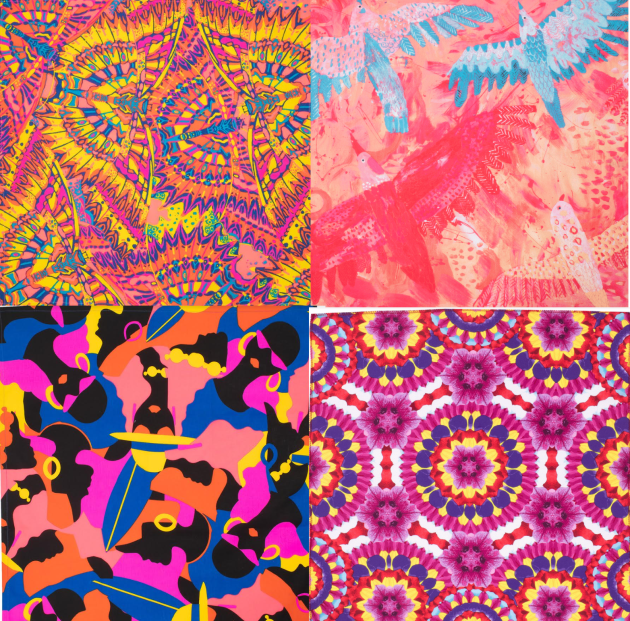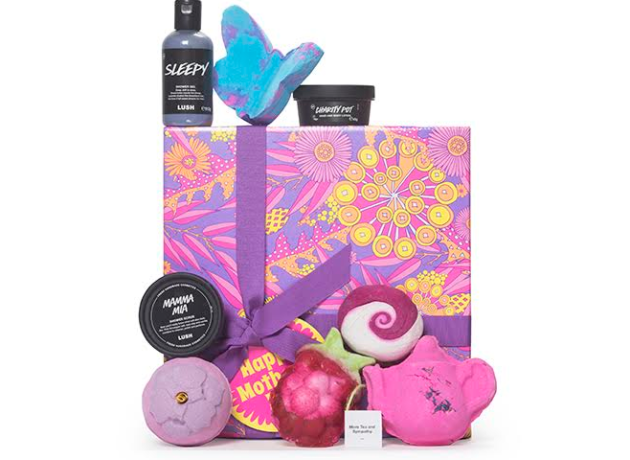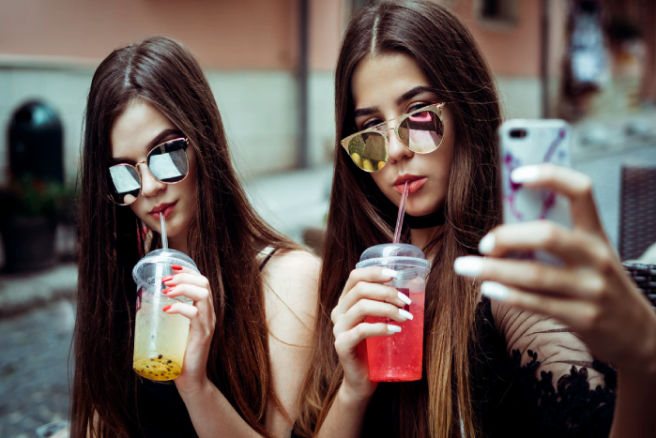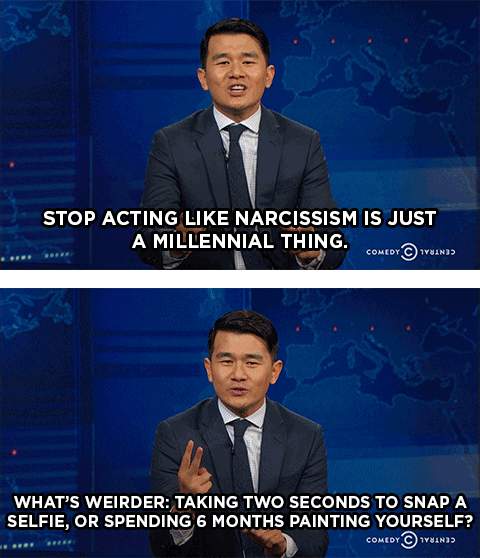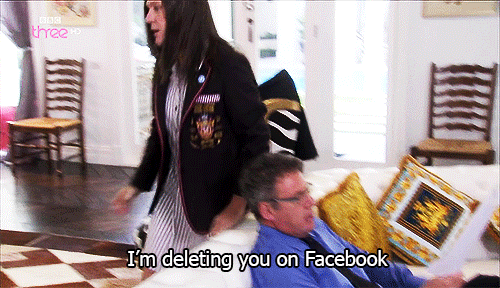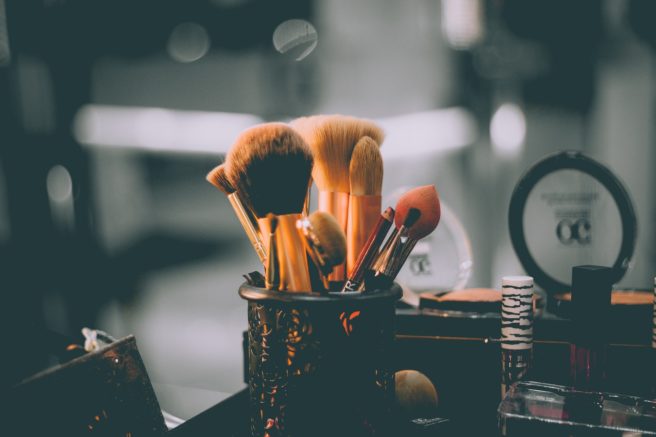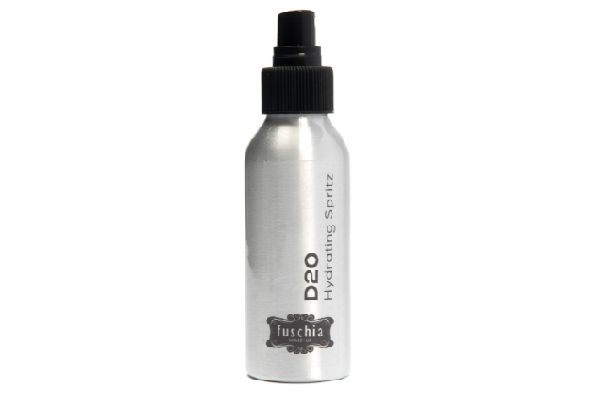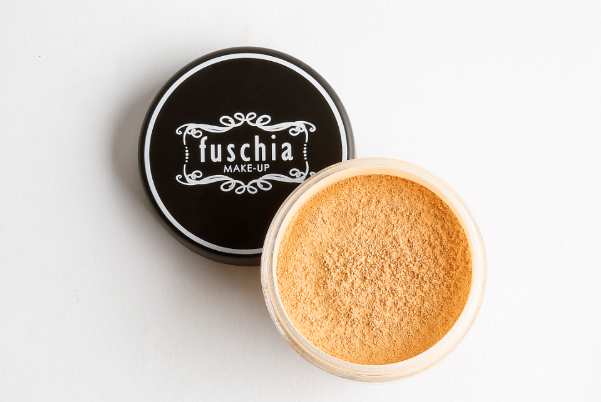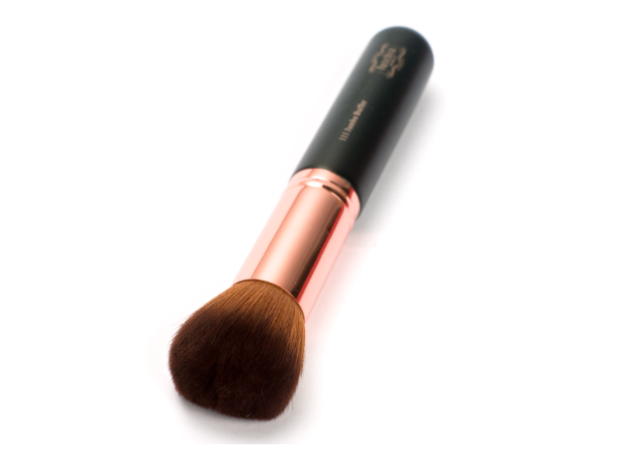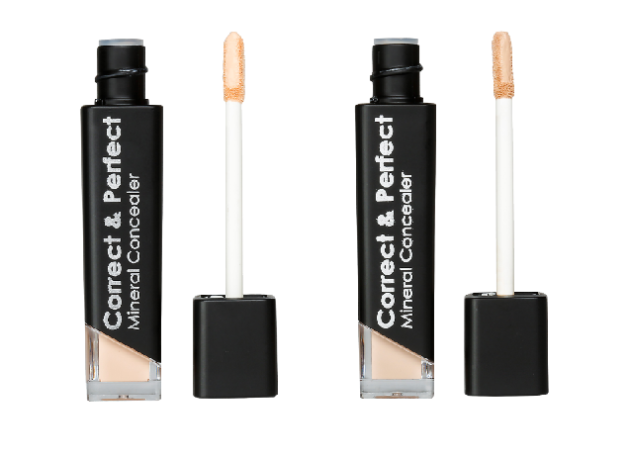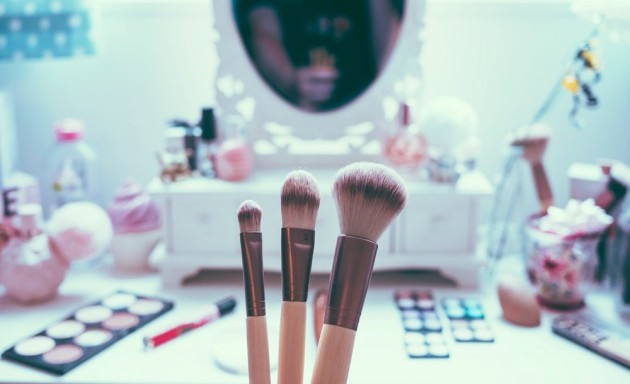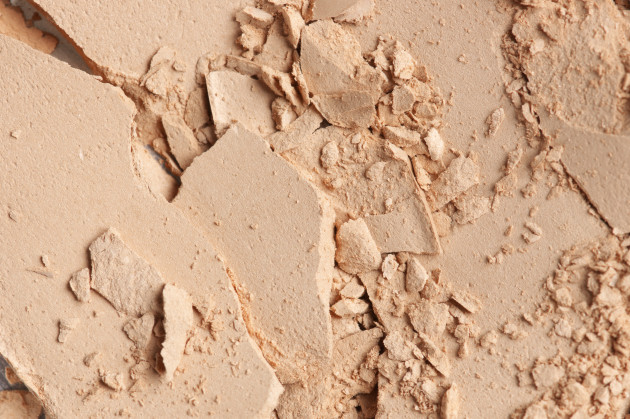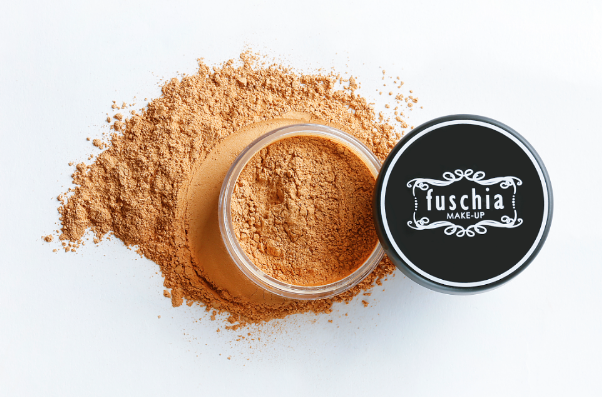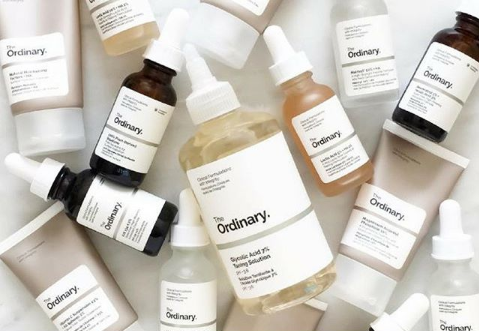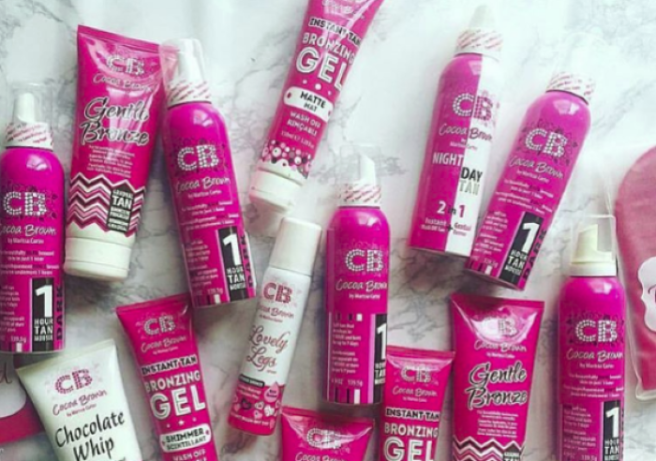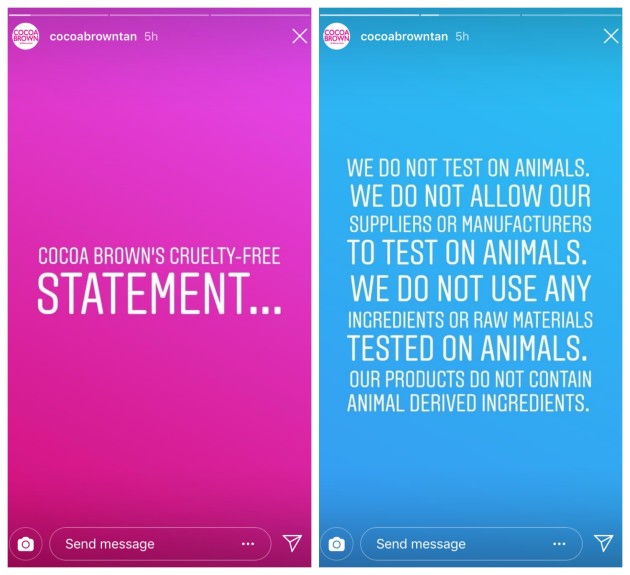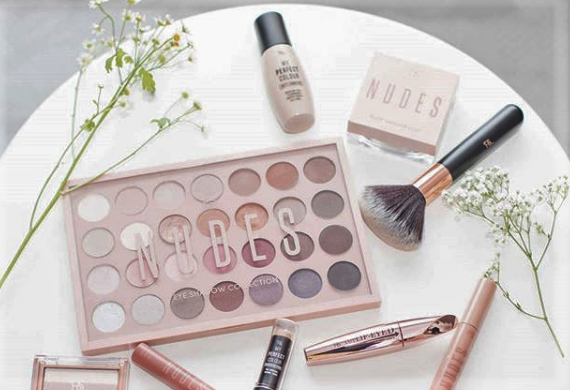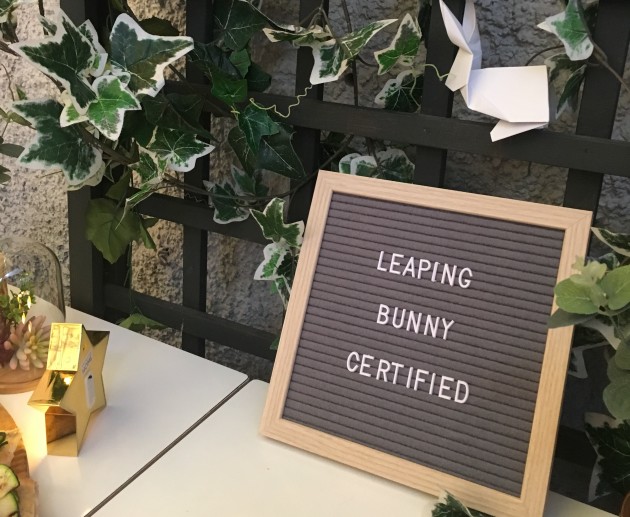Most of us don't think twice about plastic in our make-up and beauty regime. Yet once it's pointed out to us, it's completely unavoidable; plastic is EVERYWHERE in beauty.
From eyeshadow palettes to shampoo bottles, plastic toothbrushes which take over 400 years to decompose, foundation which isn't ethically sourced to packaging which could easily be replaced with recyclable equivalents; beauty is problematic when it comes to our environment.
What do we mean by sustainable cosmetics? Essentially; fair wages for workers, recyclable and biodegradable packaging, ethically sourced and natural, cruelty-free ingredients, renewable resources. In summary: doing no harm to the planet, other people or animals in the process.
Sounds great, doesn't it? So many of us tune out when we hear things about the environment; it all just seems overwhelmingly impossible to face it head-on.
Yet swapping your beauty routine for a greener option is SO easy, even small changes have large repercussions. We each must think individually about our own actions, rather than the planet as a whole.
Here are our top tips for reducing your carbon footprint through your beauty regimen…IT'S VITAL that we embrace the change.
1. Swap plastic toothbrushes for bamboo counterparts.
Toothbrushes are constantly bought and thrown away, without a single thought about where it goes after our bins are emptied. Basically, it heads to landfill, where plastic takes up to 1000 years to break down. Incredible, isn't it?
Changing your toothbrush for a bamboo one can HUGELY reduce the harm caused by your oral hygiene.
The Humble Co. sell great ones, check out their website here. You can also pop into your nearest Holland and Barrett health store. Pair it with Fig + Yarrow Cornmint Lavender Tooth Powder, which comes in little recyclable/reusable glass bottle and is created with white clay, sea salt, baking soda, and antibacterial essential oils.
2. Recycle your empty make-up containers in stores now
Since the creation of plastics, humans have made 8.3 billion metric tonnes of it. Of that amount, an incredible 6.3 billion metric tonnes have already been thrown out and 91 percent of that waste has NOT been recycled. It makes a lot of sense now why governments and communities are raising support for the banning of single-use plastics…
Make sure that your plastic bottles and empty make-up sets are recycled properly; companies such as Lush, The Body Shop and L'Occitane have unreal reward systems for returning your plastic packaging to the stores.
More stores are committed to limiting their impact on the environment. L'Occitane's new initiative with TerraCycle enables the recycling of beauty products from any brand. TerraCycle is a collection and recycling programme which specialises in difficult-to-recycle packaging, so they know their stuff.
Any L'Occitane customers can recycle their empties at any store now. Thirty-five percent of Lush products are sold 'naked' (with no packaging), so zero-waste washing is absolutely possible. Their products sold in pots and bottles are 100 percent post-consumer plastic.
Save and return five clean, black pots to any local Lush store for a free face mask; you give back and you get in return.
3. Know your brands, and choose ones who are HONEST about where their ingredients and packaging come from.
It's not difficult to be totally aware of what you're consuming and if it's harming anyone else. Send Instagram DMs or email the company to ask if the information isn't readily available on their packaging or websites. Hint: if the information is hard to find, it's probably NOT a good company to go with.
There are so many incredible natural, cruelty free and ethical make-up brands around now; Bia Beauty is an up-and-coming Irish brand we adore. Beauty Without Cruelty products for sensitive skin are considered among the best on the market.
Lush are another company who partner with the Ocean Legacy Foundation to use recovered plastic from the ocean as material.
Christopher Davis, who is The Body Shop's international director of campaigns and corporate responsibility, said the brand is undertaking a "comprehensive review" of sustainable packaging choices. They are hoping to remove fossil fuels from 70 percent of its product packaging by 2020.
"Our long-term vision is that packaging will not harm people or the environment and can be repurposed," says Davis. "All our solutions need to be truly sustainable."
4. Get smart about your container use.
Why not try and use bars of shampoo rather than bottles? Numerous shops now have methods of bringing your own plastic bottles which have been recycled to collect any goods from the store, so they don't waste packaging.
Reuse empty make-up plastic packaging for something more creative. You can also try and use powdered deodorant or bars of soap instead of the spray-cans. For pump-bottles, you should generally throw away the pump before recycling as the metal springs inside can’t be recycled.
Once part of it isn't recyclable, it nearly always ends up in landfill or the sea, and we don't want that. Oh, and GET A METAL STRAW right this minute.
Terracycle has a partnership with Bausch & Lomb which aims to recycle contacts, blister packs, and the top foil from contact lenses, if you wear glasses. Terracycle also have an incredible partnership with Garnier, which recycles ANY hair care, skin care, and cosmetics packaging.
5. Use recyclable make-up remover pads or a face cloth instead of wipes.
According to the FDA, wipes are made from an amalgamation of ingredients such as polyester, polypropylene, cotton, wood pulp, and rayon fibres. Many of these are not biodegradable, but some wipes are compostable, such as RMS Beauty and Yes To.
We recommend the MakeUp Eraser remover cloths, they're absolutely life-changing. Buy them on iHerb at a great price, and never look back. The Cleanse Off Mit is another wonderful option; all machine-washable.
6. Eco-brushes
Pretty much every make-up brush is made from plastic, but we've discovered some alternatives. EcoTools brushes are made from recycled bamboo, recycled aluminium, and some recycled plastic: GORGE.
Morphe also has a beautiful 18-piece vegan brush set that we have our eyes firmly set on. ZOEVA do bamboo brush sets via Beauty Bay's website, for a heftier price.
In terms of hair brushes, try the WetBrush Go Green Detangler Brush, which is made of plant starch and designed to break down within five years.
7. Eco-lipstick
AXIOLOGY is your go-to for non-toxic lipstick. They value a holistic, vegan lifestyle and are 100 percent transparent about where their ingredients come from. The brand is pretty expensive if you're a student or on a lower wage, but it's excellent quality and totally ethical. Their boxes are sourced by Bali women who recycle local waste into paper.
The founder of AXIOLOGY, Ericka Rodriguez, is proud to use no palm oil or palm oil derivatives in their goods; "Palm oil is causing widespread deforestation and causing the extinction of many animal species. We donate to the Orangutan Foundation International to help the orangutans during this crisis."
Once again, go for plastic-free lipstick holders or lip liners if possible, or at least recyclable options. Check out earth911.com to find out about your plastic bottles and recycling options. Over 40 percent of the plastic we use is in the form of packaging, so it's time to change.
8. Ditch those plastic disposable razors ASAP
Girlos who shave, it's time to get a razor you can use again and again. Throwing away constant disposable plastic razors causes phenomenal harm to the environment, and we are so much better than that, ain't we? The EPA estimates 2 BILLION razors are thrown away each year….wow.
You can find a reusable, stainless steel razor in any major retailer, and can get reusable blades for cheap. It's cost-effective and eco-friendly beauty, let's DO IT.
9. Invest in double-duty products
Do you really need sun-cream AND foundation AND highlighter AND concealer AND moisturiser AND primer AND bronzer AND setting spray AND powder? We're guessing not.
Try choosing products which double-duty; like SPF BB creams, lip primers which have moisturising properties, tinted moisturisers etc. Minimise as much as you can, and really think about what you need versus what you want.
10. Tampons
Disposable tampon applicators are one of the BIGGEST forms of ocean plastic pollution. Why not try switching to applicator-less tampons, or invest in a menstrual cup. The cups last for up to 10 years, producing far less waste than disposable menstrual products, and avoid the chemicals present in tampons.
They also save you a lot of money over time, and are becoming far more popular as more women in Ireland try them out. In terms of applicator-free tampons, try Emerita.
Finally: Campaign for change.
Contact product manufacturers, give feedback to brands and express your wish that plastic they use is recyclable. Annoy them if you must; consumer pressure makes a significant difference. You can make the change.
It's worth a shot, lobby your local TDs so we can improve environmental laws. Email your favourite make-up brands, show your support for eco-friendly and ethical companies especially.
You can do it gals, a little change goes a long way.
Feature image: eco warrior princess

